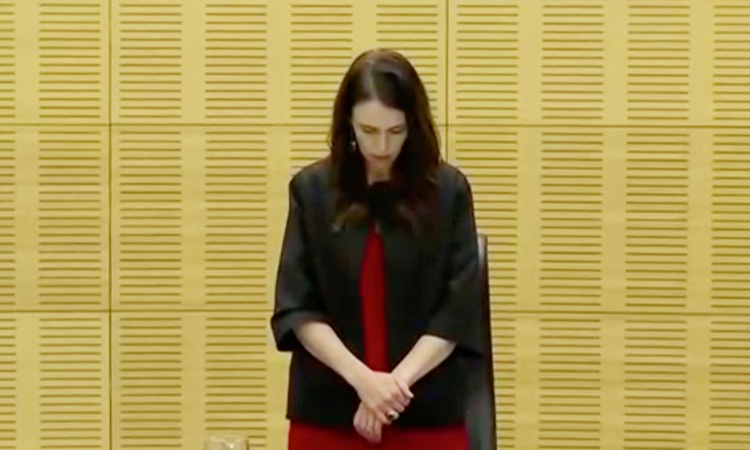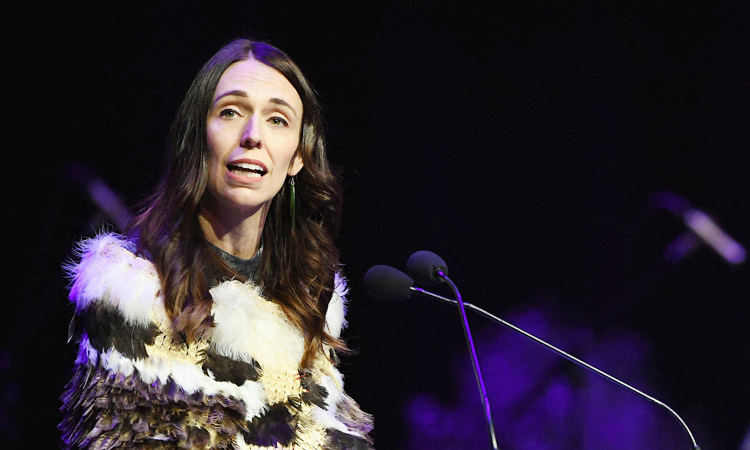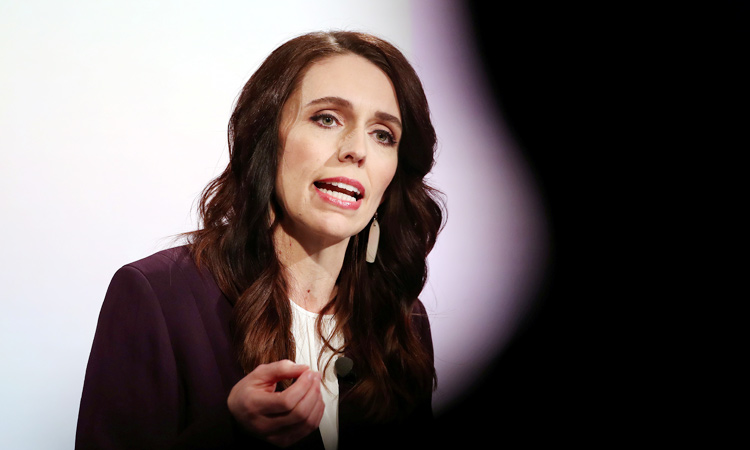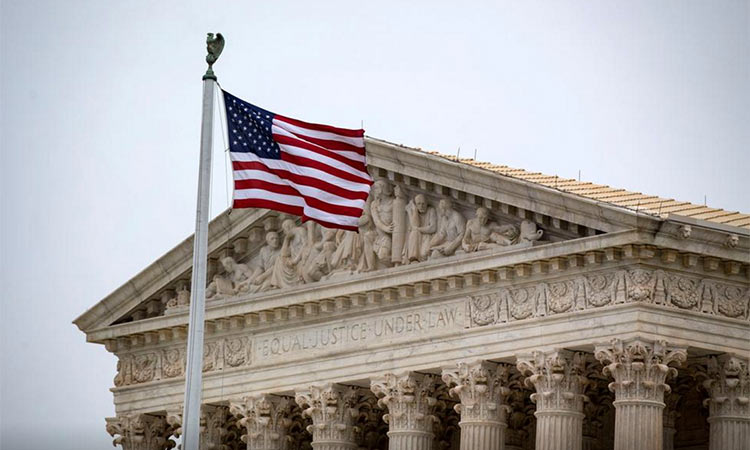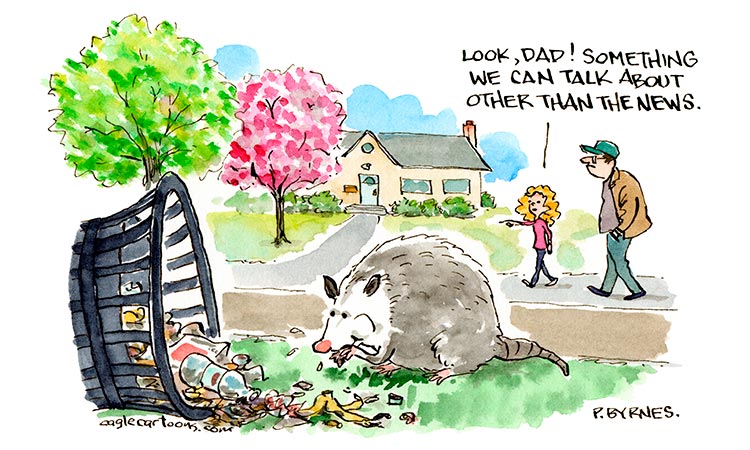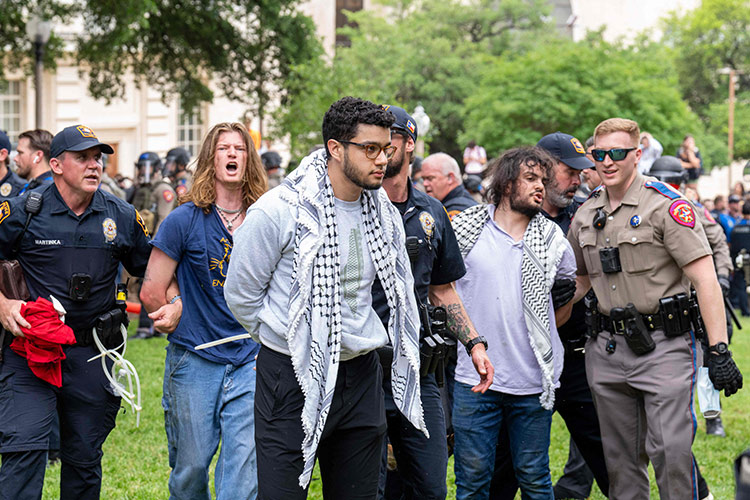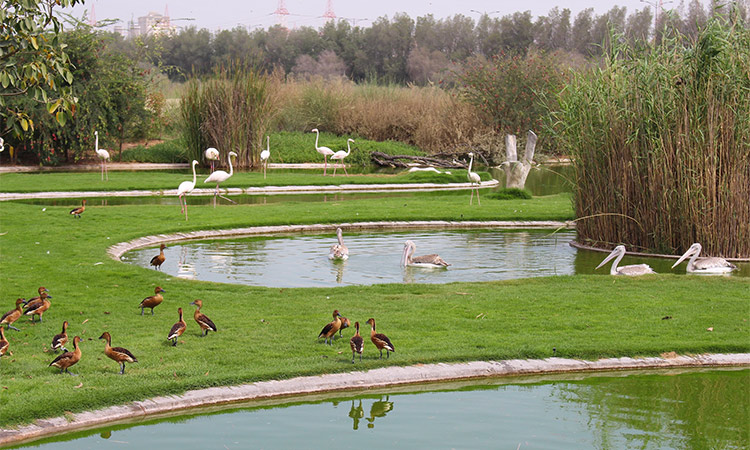New Zealand failed to record hate crimes for years
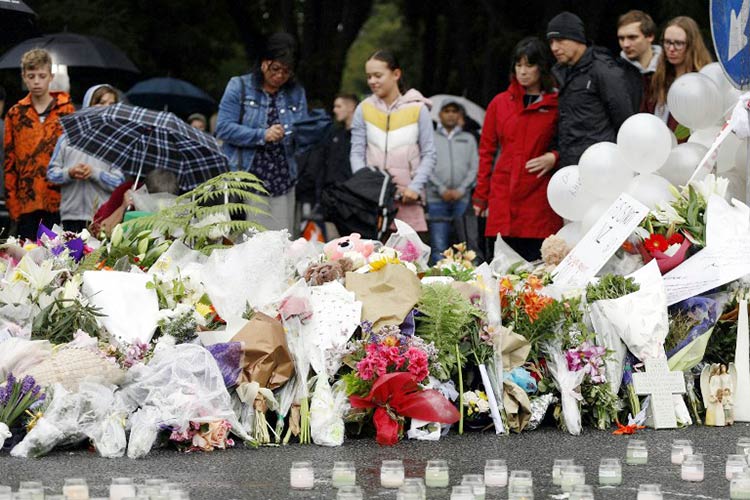
Prime Minister Jacinda Ardern has ordered a Royal Commission, a powerful form of inquiry, into the attack.
Weeks before a gunman killed 50 Muslims in Christchurch, a man had threatened to burn copies of the Holy Quran outside New Zealand mosques, in what community leaders said was the latest in a long list of threatening behaviour against religious minorities.
Police said they warned a 38-year-old man over the incident, which was unrelated to the Christchurch attack, but could not say if it was part of a pattern.
That’s because, unlike many Western countries including the United Kingdom and the United States, New Zealand’s government keeps no comprehensive record of hate crimes, failing to act on requests to do so from local and international agencies spanning more than a decade.
“For many years our view has consistently been that this needs to be prioritised and implemented urgently,” said Janet Anderson-Bidois, Chief Legal Adviser at the Human Rights Commission, the independent government agency tasked with protecting human rights.
“It is imperative that we have good data.” A suspected white supremacist has been charged with murder over the Christchurch shootings and will appear in court again on April 5.
In the wake of New Zealand’s worst mass shooting, questions are being asked about what signs agencies missed and where resources should have been allocated to protect vulnerable communities.
Prime Minister Jacinda Ardern has ordered a Royal Commission, a powerful form of inquiry, into the attack.
Anwar Ghani from the Federation of Islamic Associations of New Zealand, said anecdotal evidence suggested there had been a rise in anti-Muslim behaviour in recent years.
“When there is a hot spot in global events and when Muslims are involved…we do see the pulse of hate crime coming from certain members of the community,” he said.
Joris De Bres, New Zealand’s Race Relations Commissioner between 2002 and 2013, said he was alarmed at signs of an uptick in threats against Muslims when he took up the role soon after the 9/11 attacks in the United States.
De Bres said he repeatedly asked the government and police to create a central system for recording details about crimes motivated by hatred and racism.
He raised the issue with the United Nations Committee on the Elimination of Racial Discrimination, which in its 2007 review of New Zealand said the lack of records was a concern, and asked the government to collect data on complaints of racially motivated crimes.
“I listed it every year…I wrote at various points to government about it and it was simply said that it wasn’t necessary and it wasn’t a priority,” De Bres said.
In its latest report on New Zealand in 2017, the UN committee repeated its concerns and requests and asked the government to provide the data for its next report as a priority.
When current Justice and Intelligence Serivces Minister Andrew Little took office in late 2017, the Human Rights Commission said in their incoming briefing the country needed a central system for recording details about crimes motivated by hatred and racism and steps currently taken by police were insufficient.
New Zealand has had no previous extremist mass attacks, unlike neighbouring Australia, but civil society members say an underbelly of racism has always existed and may have been escalating. Anjum Rahman from the Islamic Women’s Council of New Zealand said the group had repeatedly alerted the government over the past five years about the rise of the extreme right and the growing threat Muslim women felt in New Zealand.
“Without the data, without the measurement it’s really hard to push for change...I feel like it wasn’t taken seriously because it wasn’t hard data because we didn’t have it,” she said, adding she felt “a resistance to creating that data.” One in 10 New Zealand adults have experienced hate speech online according to a 2018 study by internet safety organisation Netsafe, with people of Asian descent or who identified as ‘other’ ethnicity most affected.
